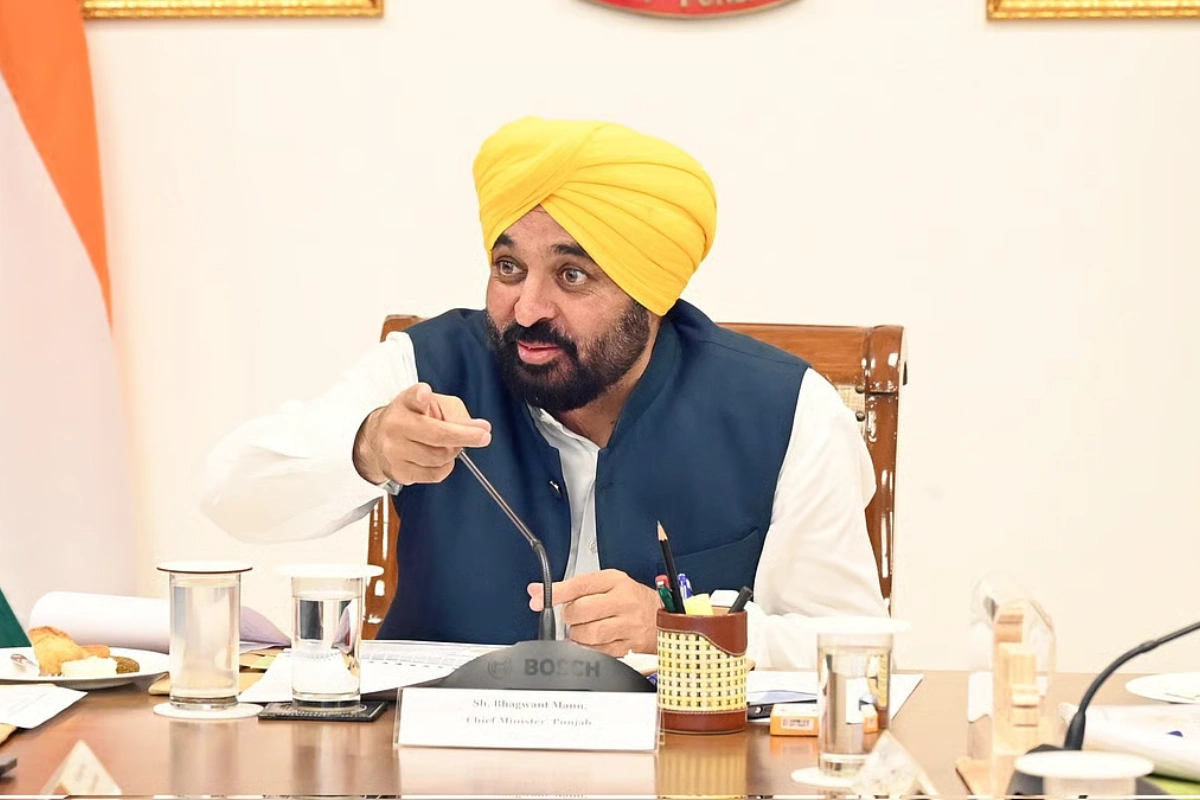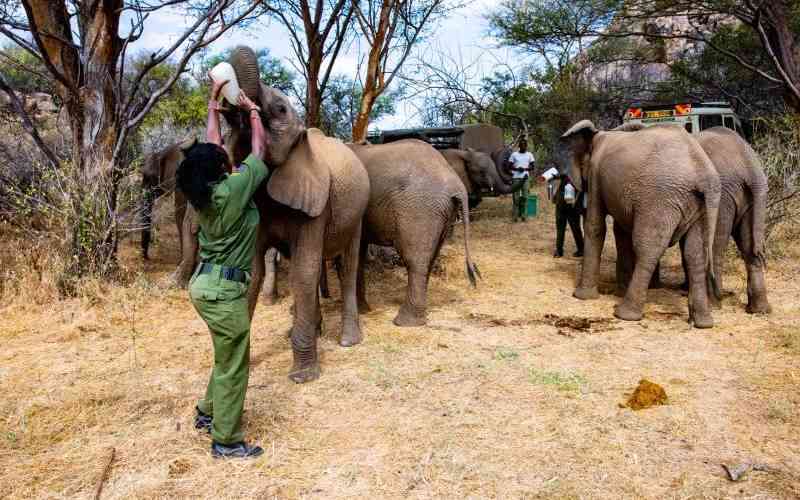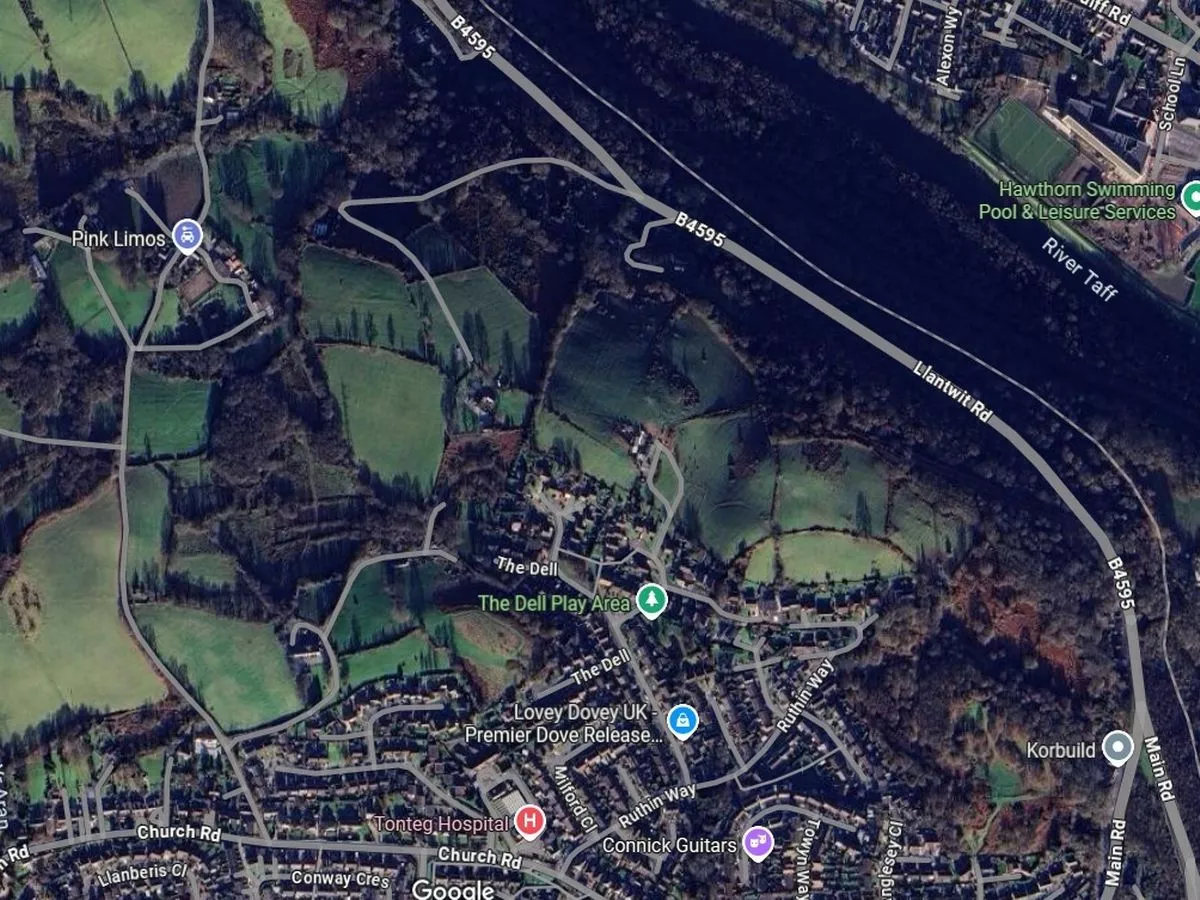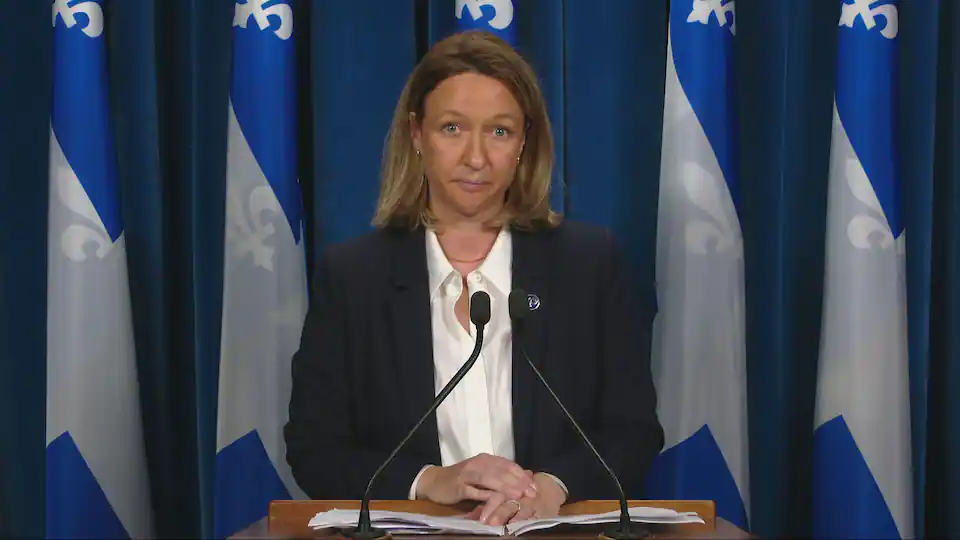By Ojochenemi Onje
Copyright businessday
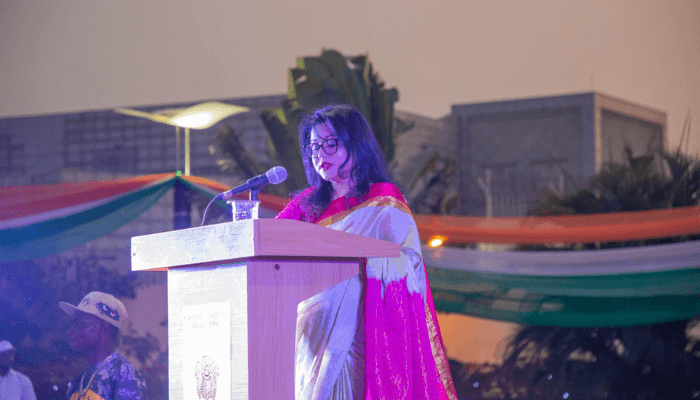
India has pledged to deepen its support for Nigeria’s development through skills transfer and capacity building as its flagship Indian Technical and Economic Cooperation (ITEC) Programme clocks 61 years.
At a commemorative event in Abuja, Vartika Rawat, Acting High Commissioner, said the scheme has already trained thousands of Nigerians and more than 200,000 officials worldwide, making it one of the most enduring platforms for South-South cooperation.
She noted that Nigeria has been one of the biggest beneficiaries of the programme, with citizens trained in ICT, engineering, governance, finance, entrepreneurship and rural development.
Beyond regular courses, Rawat added, India has organised customised training for Nigerian agencies, including recent capacity-building programmes for officials from the National Space Research and Development Agency (NASRDA), federal ministries, and teacher training institutions.
Highlighting the wider impact of ITEC since its launch by the Government of India on 15 September 1964, Rawat described the initiative as India’s oldest institutional arrangement for international capacity building, rooted in the Indian philosophy of Vasudhaiva Kutumbakam, “the world is one family.”
She stressed that India’s model of growth, as emphasized by Narendra Modi, Prime Minister, is guided by the developmental priorities of partner countries.
“India’s development journey is not one we undertake alone. ITEC embodies this principle by offering opportunities for mutual learning and shared prosperity,” she said.
Since inception, the programme has trained officials from more than 160 countries in both civilian and defence sectors.
Each year, it provides nearly 10,000 fully-funded in-person training opportunities through more than 400 programmes offered at over 100 premier institutions in India.
Rawat also cited complementary initiatives such as the India-Africa Maitri Scholarship Scheme, which benefits 30 Nigerian students annually, alongside other exchanges like the Distinguished Visitors Scheme, Young Diplomats Programme, and Kendriya Hindi Sansthan training.
Representing Yusuf Tuggar, Nigeria’s Minister of Foreign Affairs, Mohammed Haidara, Deputy Director of the Asia and Pacific Division, praised India’s consistency in offering a platform for transformation rather than dependency.
“Through ITEC, India has extended an economic partnership of empowerment, not charity. Its impact is visible across Nigerian ministries, agencies, and institutions, reflected in improved service delivery and stronger governance,” Haidara said, describing the initiative as “a model of diplomacy that prioritises respect, solidarity, and shared aspirations.”
Both envoys reaffirmed the depth of Nigeria–India relations, underpinned by democratic values, cultural exchanges, trade, and people-to-people ties.
“Today, as we celebrate ITEC Day, we also celebrate the India–Nigeria partnership, one built on mutual respect, trust, and a shared vision for sustainable development,” Rawat noted,
She also expressed gratitude to Nigerian authorities, particularly the Ministries of Budget and Economic Planning, Foreign Affairs, and Defence, for their support.
The Abuja event drew Nigerian officials, ITEC alumni, and diplomats.
